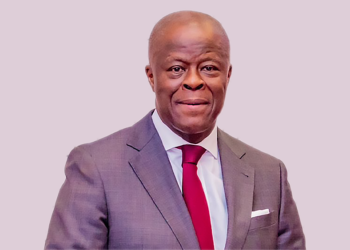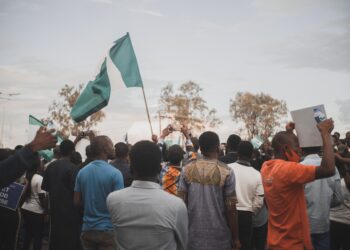According to satellite data from Nigeria’s environment ministry, oil companies in the country flare over 313.0mscf of gas annually which ultimately results in 16.5m tonnes of CO2 emitted into the atmosphere. In a similar fashion, World Bank’s Global Gas Flaring Reduction Partnership (GGFRP) ranks Nigeria as the 6th largest gas flaring country globally.
Gas flaring in Nigeria has been a perturbing problem over the past years since the commercial exploration of crude oil started in the country. This comes despite the official banning of gas flaring in Nigeria in 1984. We recall that Nigeria set a deadline of 2020 to eliminate routine gas flaring while President Muhammadu Buhari commissioned the Nigerian Gas Flare Commercialisation Program (NGFCP).

Yesterday, Local media sources reported that the Federal Government has shortlisted 200 investors to bid for gas flare sites after evaluating statement of qualification submitted by the interested companies. This was announced by the Department of Petroleum Resources (DPR) even as it stated only 45 gas flare sites are up for auction as part of the first phase of the NGFCP.
According to the Director for DPR, Mr Sarki Auwalu, the department received expression of interest from 800 investors but decided to trim the list down to 200 on the basis of capacity and quality.
We recall the Nigeria LNG Limited (NLNG) was established in 1989 to harness Nigeria’s vast natural gas resources to produce Liquefied Natural Gas (LNG) and Natural Gas Liquids (NGLs). The company is the arrowhead of Nigeria’s efforts at curbing gas flaring. According to the company, it has helped reduce Nigeria’s flaring profile from 65.0% to below 25.0%. However, Nigeria remains among the top gas flaring countries in the world.
[READ MORE: Power: No solution at hand)
Gas flaring has been a severe menace, particularly in the Niger Delta, causing several economic and health losses for its citizens. On economic losses, the Federal government continues to lose potential revenue from gas flared. According to London-based “On Our Radar”, Nigeria lost potential income estimated at US$770.0m (N281.1bn) to gas flaring in 2016.
The agriculture ecosystem of the Niger Delta has been severely damaged. Due to increased soil temperature, crop yield has also been affected with many lands now barren. Furthermore, water bodies are now black while rainfall in the area is also black destroying many homes. The black water bodies have destroyed fishing potentials while burning bushes and lands have forced animals to desert the forests in the area.
The health of citizens residing in communities prone to gas flaring has also been severely impacted. Gas flaring has been linked to cancer and lung damage as well as neurological and reproductive problems which have become prominent among pregnant women and newborns in the region.
Furthermore, the rising spate of gas flaring which has worsened the economic situation of affected villages has led to the development of insurgency and security instability. Popular terror groups like Movement for Emancipation of the Niger Delta (MEND) and Niger Delta Avengers (NDA) destroy oil infrastructure and kidnap expatriates working on oil installations.
_______________________________________________________________________
CSL STOCKBROKERS LIMITED CSL Stockbrokers,
Member of the Nigerian Stock Exchange,
First City Plaza, 44 Marina,
PO Box 9117,
Lagos State,
NIGERIA.






















